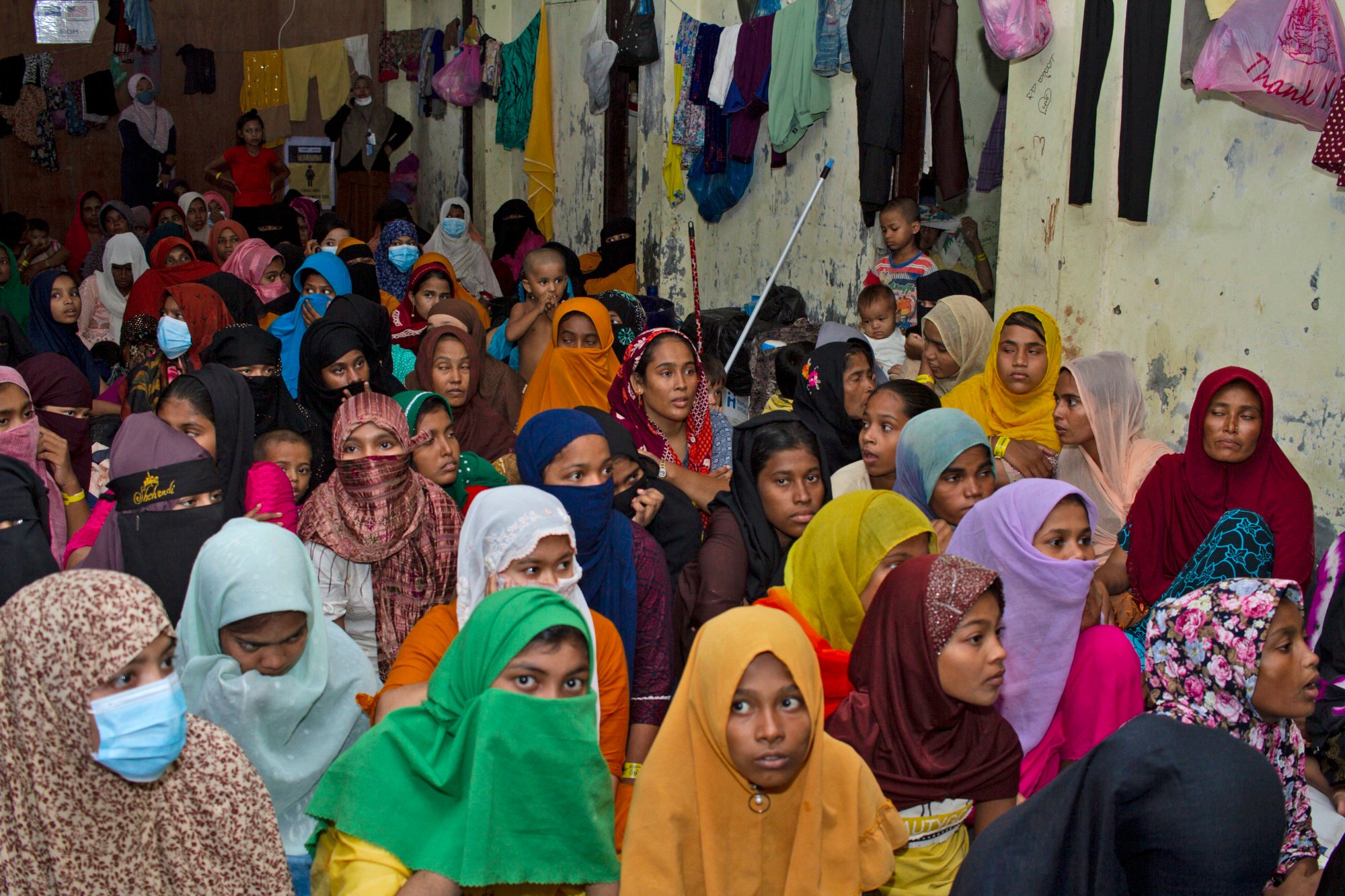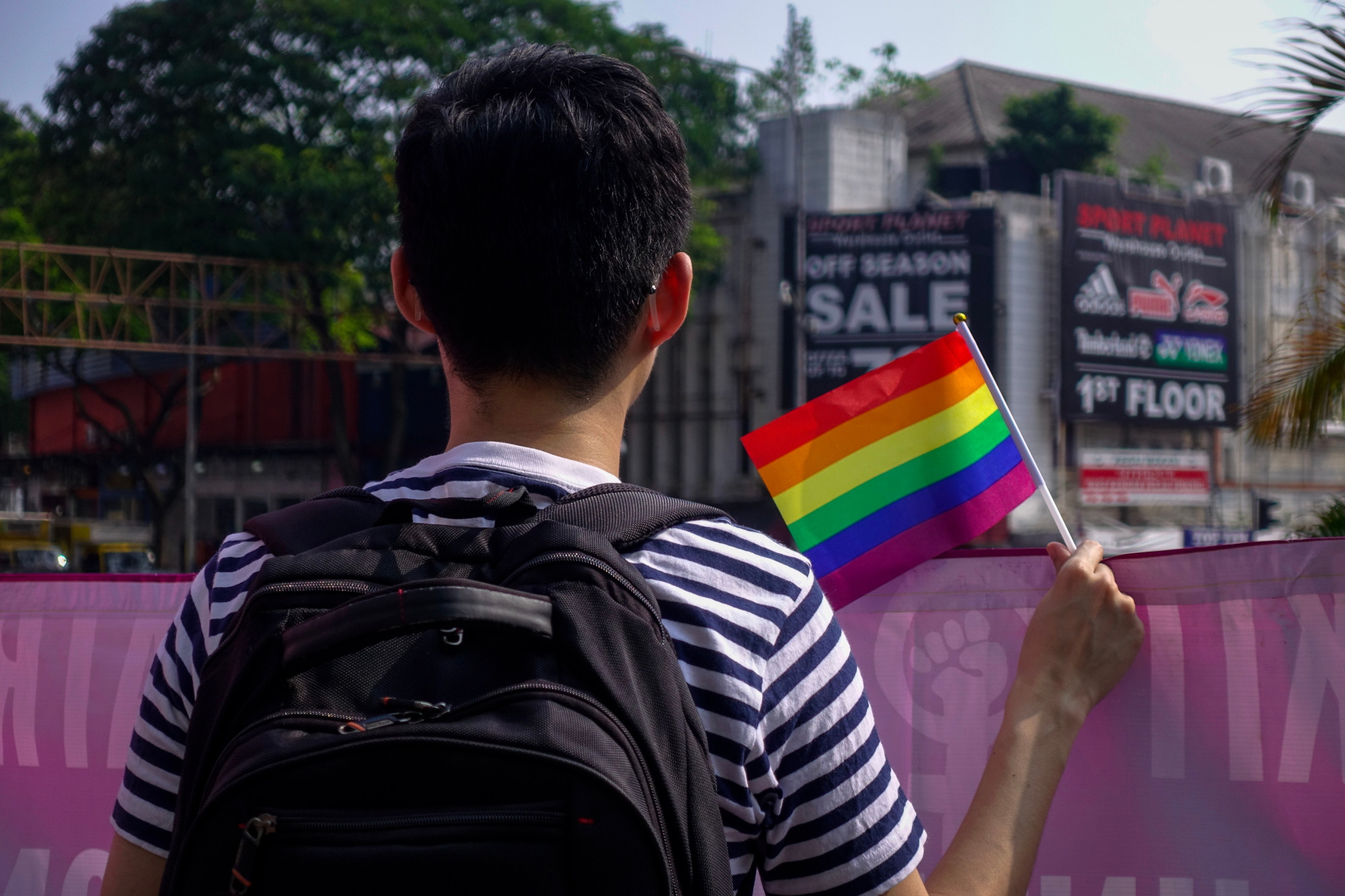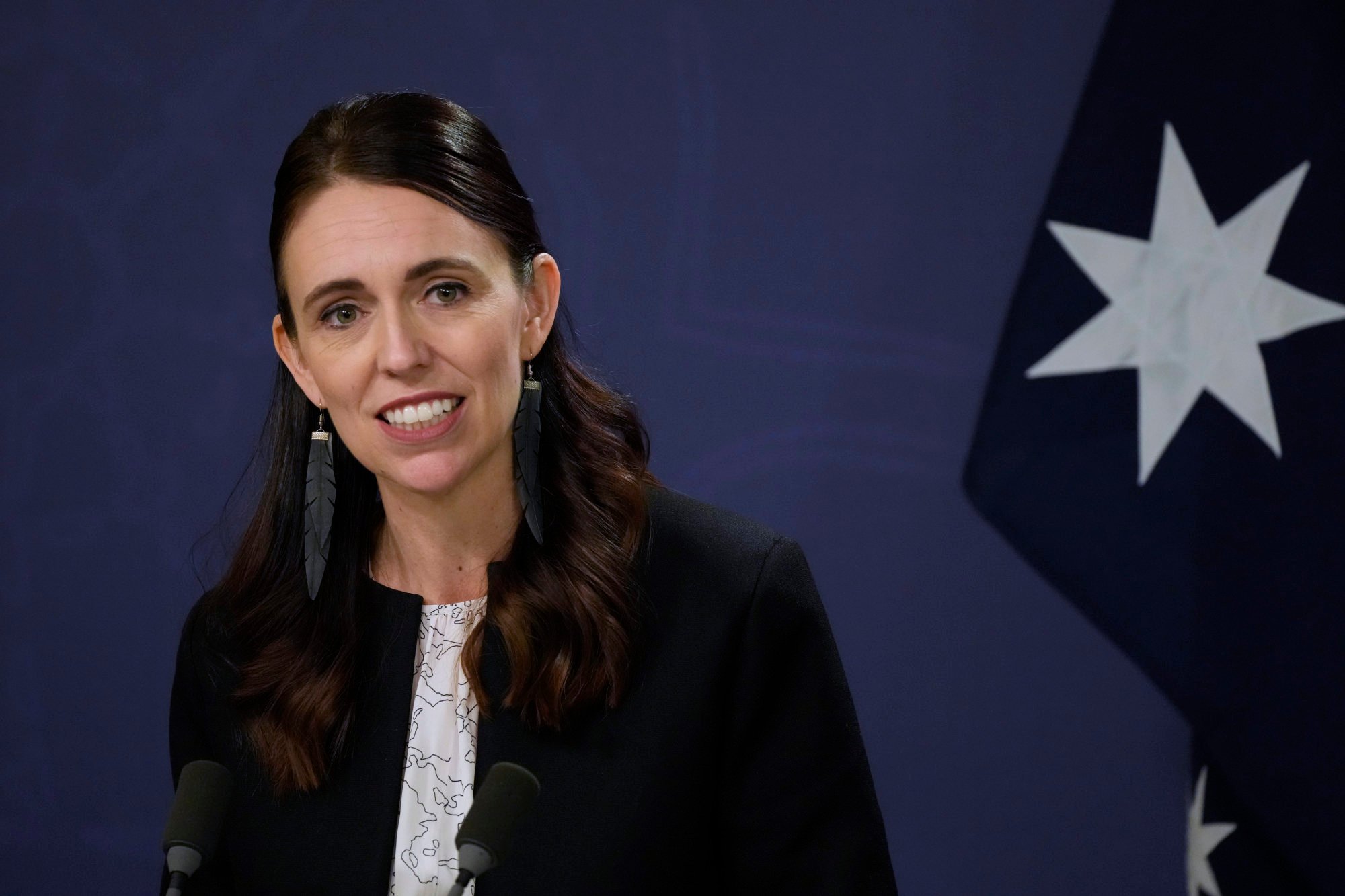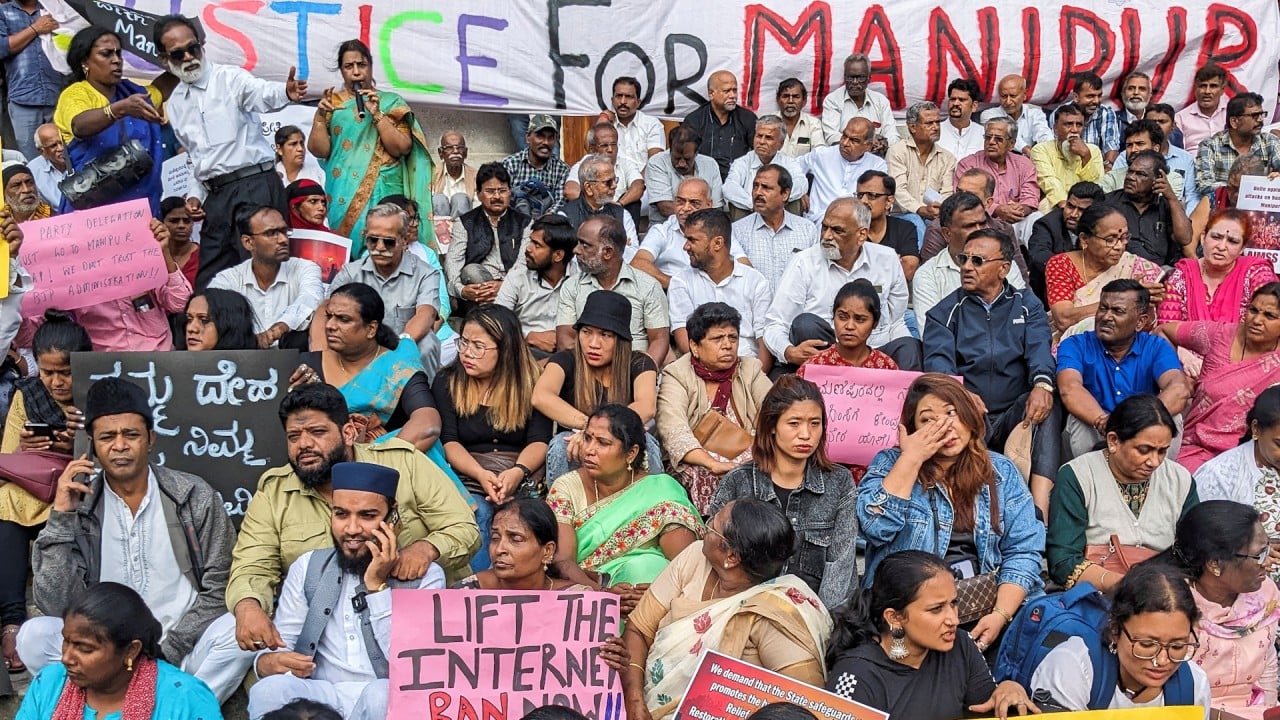Violence and prejudice in 2023: a year of hurdles for Asia’s women and gender minorities
[ad_1]
As 2023 draws to a close, This Week in Asia reflects on its coverage of the hurdles faced by women and gender minorities in the region:

Rohingya troubles deepen
Nearly six years after the Myanmar military’s sweeping attacks against its Rohingya Muslim community, Rohingya refugees continue to face the perils of statelessness.
A surge of violence in refugee camps in Bangladesh, which houses almost a million Rohingyas, has left women at increased risk of becoming victims of abuse and trafficking.
Rohingya problems deepen as violence surges in Bangladesh refugee camps
Rohingya problems deepen as violence surges in Bangladesh refugee camps
Slow progress for Singapore’s egg-freezing rules
Singapore eased its stringent egg-freezing rules, enabling women aged 21 to 37 to go through the procedure. The move came shortly after the city state recorded its lowest-ever total fertility rate of 1.05 last year.
Singapore’s single women ‘not supported’ even as egg-freezing rules are eased
Singapore’s single women ‘not supported’ even as egg-freezing rules are eased
However, the policy is still not fully inclusive, as unmarried women are still unable to freeze their eggs. This is in contrast with other Asian societies, including Malaysia, Thailand, Indonesia, South Korea, Japan and Taiwan, which do grant single women this right.
Challenges persist for Asia’s queer folk

Homosexuality remains a crime in Malaysia, and surveys have shown large swathes of the population are against same-sex marriage.
And in July, British pop-rock band The 1975 made headlines after being banned in Malaysia after its lead singer shared a kiss with his male bandmate on stage during a performance.
LGBTQ Malaysians slam UK band’s onstage kiss as ‘performance activism’
LGBTQ Malaysians slam UK band’s onstage kiss as ‘performance activism’
While campaigners in India told This Week in Asia they were deeply disappointed with the decision, they said the court’s acknowledgement that India had a duty to protect LGBTQ folk from discrimination was a silver lining.

Misogyny in politics
In Indonesia, experts highlighted that misogyny was still a pervasive issue in the country’s politics when the wife of President Joko Widodo was subjected to allegations of masterminding her son’s vice-presidential candidacy.
Iriana Widodo, like many of the country’s first ladies, often faced the brunt of the criticism over their husbands’ missteps, according to observers.
‘Political misogyny’: why is Jokowi’s wife cast as villain over son’s VP run?
‘Political misogyny’: why is Jokowi’s wife cast as villain over son’s VP run?
Conversations were also sparked across the region about the lack of representation of women in parliament.
Dangers of conflict on women
The ongoing Israel-Gaza war has highlighted the unique challenges faced by women and children in conflict zones.
Advocacy groups warned that more than 19,000 pregnant women fleeing northern Gaza could miscarry or die without access to facilities to safely give birth or receive prenatal care.
In Afghanistan, where women and girls are still facing increased isolation and restriction under Taliban rule since its return in 2021, UN Women found increased levels of suicide and suicidal ideation.
Suicide ‘everywhere’ among Afghan women, UN official says
Suicide ‘everywhere’ among Afghan women, UN official says
Reports say that the Taliban government has used its own interpretation of Islam to erode women’s rights, including bans on education and work.
Amid the sectarian violence that engulfed the northeastern state of Manipur in India, videos shared online showed brutal attacks being inflicted on women.
[ad_2]
Source link


